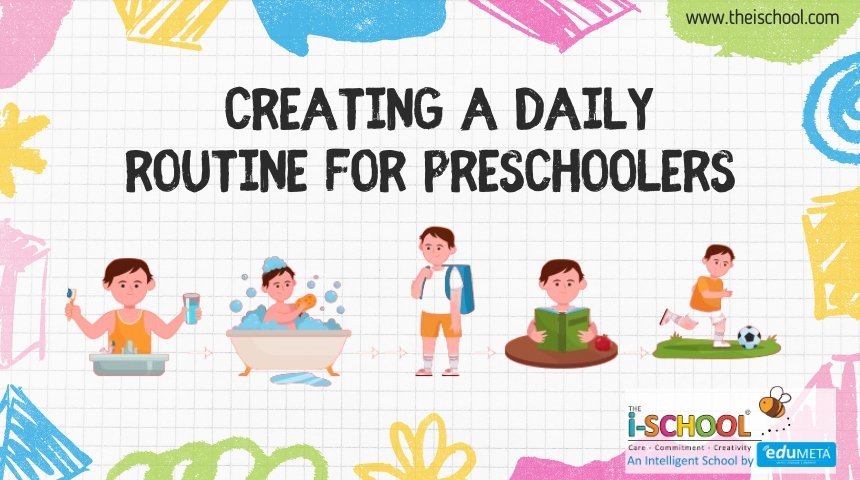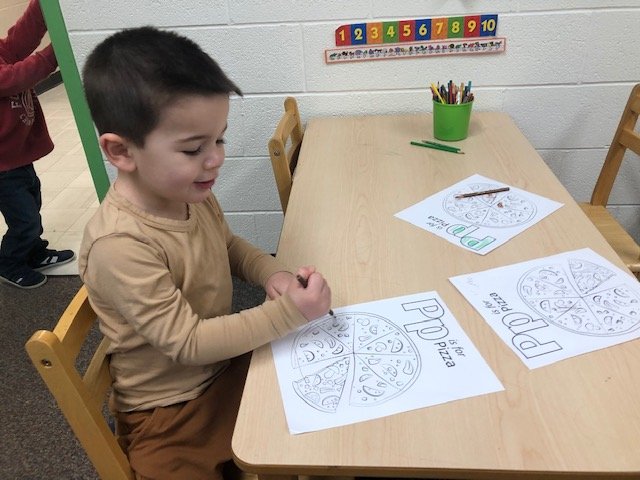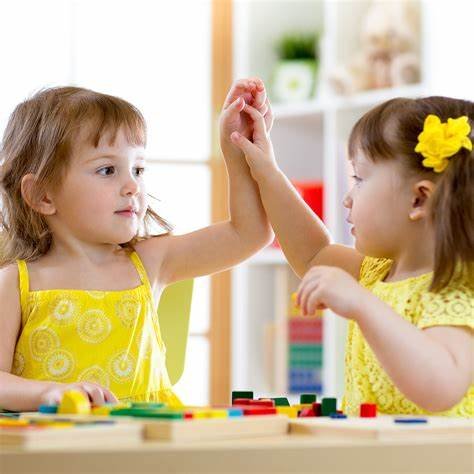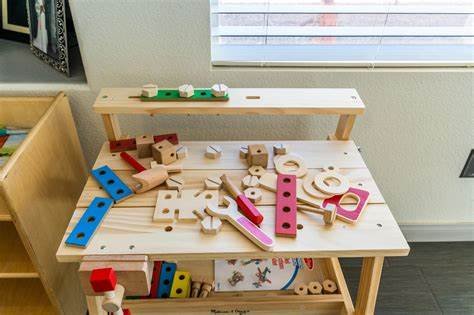Furthermore, imaginative play enables problem-solving as children create scenarios and think critically about solutions. Hence, creativity flourishes in an engaging and fun environment.
Enhancing Social Skills
Through play, children interact with peers and learn essential social skills. Activities like group games or role-playing foster teamwork, communication, and empathy.
Moreover, children understand the importance of sharing, taking turns, and resolving conflicts. Thus, play-based learning builds the foundation for healthy social relationships.

Supporting Emotional Development
Play helps children process emotions and develop resilience. Through role-playing, they explore feelings and learn to cope with challenges.
Additionally, collaborative play nurtures empathy as children understand others’ perspectives. Hence, play provides a safe space for emotional growth and self-expression.
Encouraging Cognitive Growth
Play-based activities enhance cognitive abilities such as memory, problem-solving, and critical thinking. Puzzles, matching games, and sensory play challenge the brain while keeping learning enjoyable.
Moreover, hands-on exploration helps children understand concepts like cause and effect. Thus, cognitive development flourishes through playful experiences.
Promoting Physical Development
Active play strengthens motor skills and overall physical health. Activities like running, jumping, and climbing improve gross motor coordination.
Furthermore, tasks like threading beads or drawing develop fine motor skills. Therefore, play supports both large and small muscle development.
Building a Love for Learning
Play-based learning instills a lifelong enthusiasm for discovery. Children associate learning with fun, making them more eager to explore new concepts.
Additionally, playful environments reduce pressure, allowing children to experiment and learn from mistakes. Hence, this approach fosters a positive attitude toward education.
Balancing Structured and Unstructured Play
A mix of guided and free play activities ensures holistic development. Structured play introduces specific skills like counting or letter recognition.
Conversely, unstructured play encourages creativity and independence. To add on, this balance nurtures both academic and personal growth.
Integrating Learning into Everyday Play
Incorporating educational elements into play makes learning seamless. Activities like sorting toys by color or counting during cleanup blend fun with skill-building.
Moreover, storytelling sessions or music-based games enhance language and listening skills. Thus, everyday play becomes a rich learning opportunity.
Preparing for Future Success
Play-based learning equips children with skills needed for future academic and social success. Confidence, adaptability, and curiosity developed through play translate into real-world advantages.
Furthermore, this approach ensures children enter formal schooling with a solid foundation. Hence, play is a crucial investment in a child’s future.
Conclusion
Play-based learning in preschool is vital for a child’s overall development. It fosters creativity, social interaction, and cognitive growth in a joyful setting. Moreover, it nurtures emotional resilience and physical health, creating well-rounded individuals. By prioritizing play, parents and educators prepare children for a bright and successful future.










